A Perth group is discovering the power ping pong can have on those living with Parkinson’s.
Pat Duffy created the group after learning about the benefits the sport can have on symptoms of the progressive disorder.
Pat, 69, has been playing table tennis since he was a child and joined the Perth and District League at 13 years old.
He first heard about the benefits of ping pong on Parkinson’s after a South Ayrshire group began playing last year.
This inspired him to launch a similar group in Perth.
Pat explains: “When I went online to find out more, I discovered Parkinson’s ping pong was a worldwide phenomenon.
“That got me thinking, if we can do something to help people here in Perth, surely we should.”
Improving symptoms
According to a Japanese study, participants who played ping pong weekly demonstrated “significant improvements in speech, handwriting, getting dressed, getting out of bed, and walking”.
They also showed significant improvements in facial expression, posture, rigidity, slowness of movement and hand tremors, which are common Parkinson’s symptoms.
The findings are backed up by what the players in Perth say.
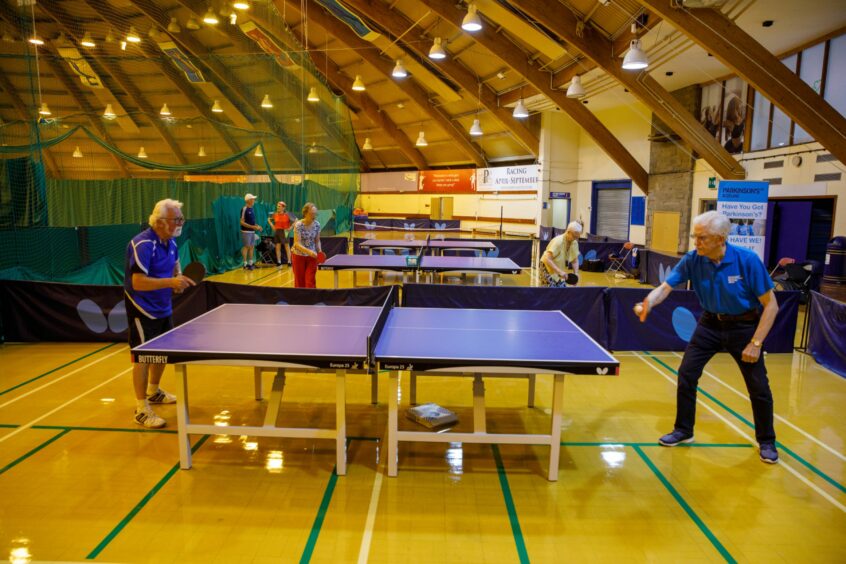
Doreen Brown was diagnosed with Parkinson’s at just 50 years old. Now 64, she has attended the Perth classes since they first launched.
She says: “Before the classes I’d never even held a table tennis bat before.
“It’s still early days, but I really enjoy the classes and the exercise I get from them.
“Pat is excellent and I’d encourage anyone with Parkinson’s to come along and give it a try.”
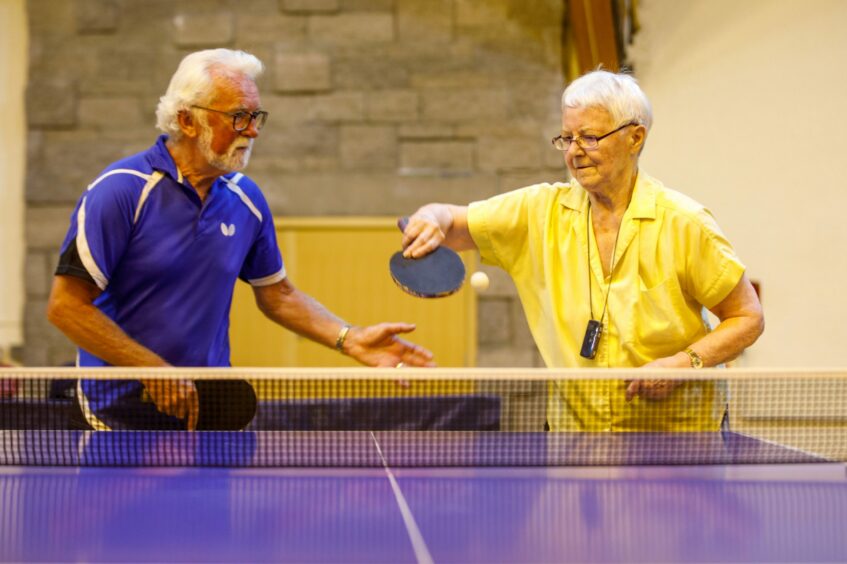
Other participants commented on how the class has helped them improve concentration, balance and co-ordination.
They also provide a social aspect and the opportunity to talk about the condition with others who know what you’re going through.
‘Once they start playing, symptoms stop’
While the group is just getting off the ground, it is popular and Pat sees a difference in participants already.
He says: “I notice quite quickly, once they start playing, the hand tremors stop. The tremors are involuntary, you can’t control them.
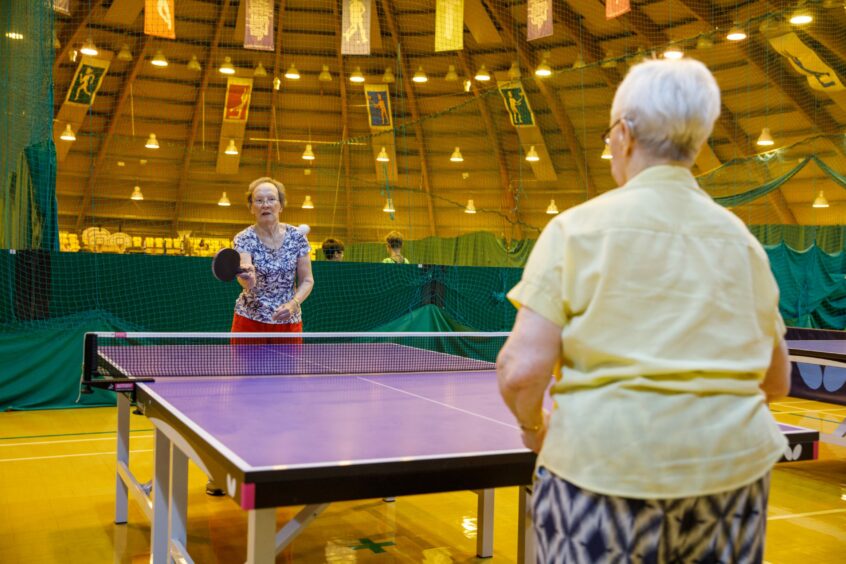
“The symptoms pretty much stop while they’re playing and for a short while after, depending on the severity and stage of the condition.
“My understanding is, the symptoms only go away for a relatively short space of time, which is why you have to keep doing sessions.”
Those with Parkinson’s, as well as their carers, are welcome and encouraged to go along and try ping pong, to feel the benefits for themselves.
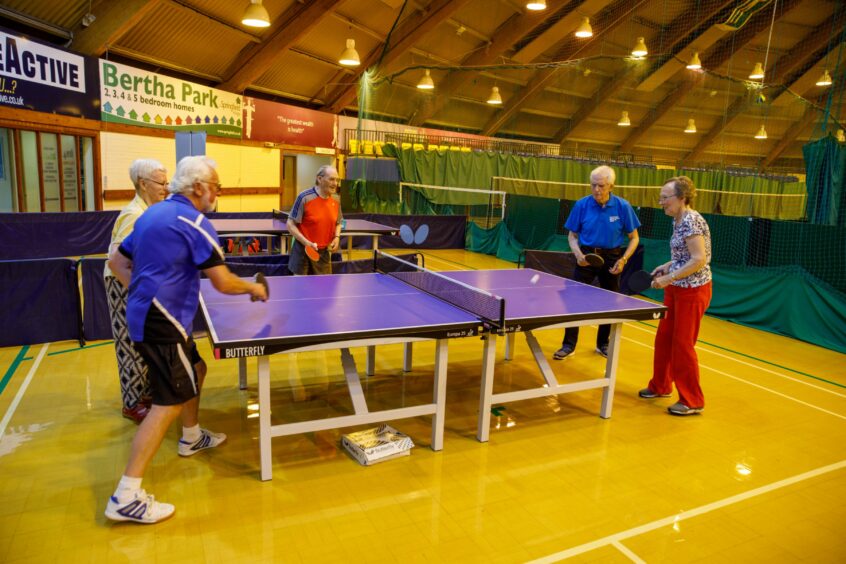
Pat says: “Just come along and give it a try.
“The classes are informal, very friendly and you’re not put under any strain.
“It’s very much a social activity.”
The Parkinson’s ping pong sessions launch again on September 7 at Bell’s Sports Centre in Perth from 10.30am to 11.30am. Each session costs £3 to attend.
To book, call Bell’s Sports Centre on 01738 454647 or you can just turn up on the day.
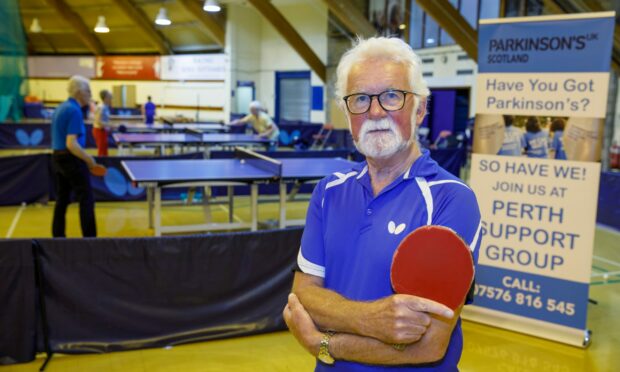







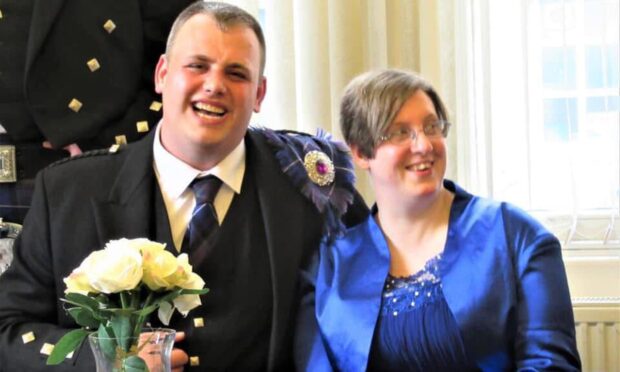

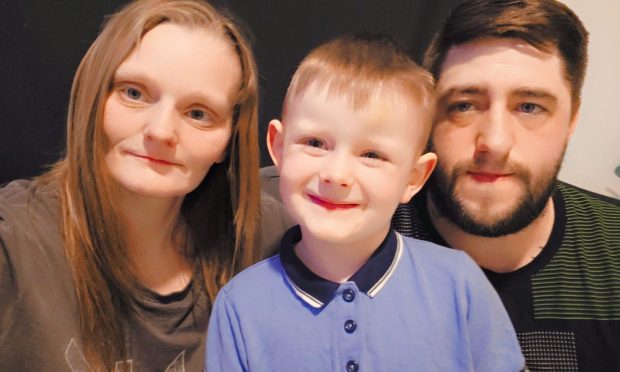
Conversation